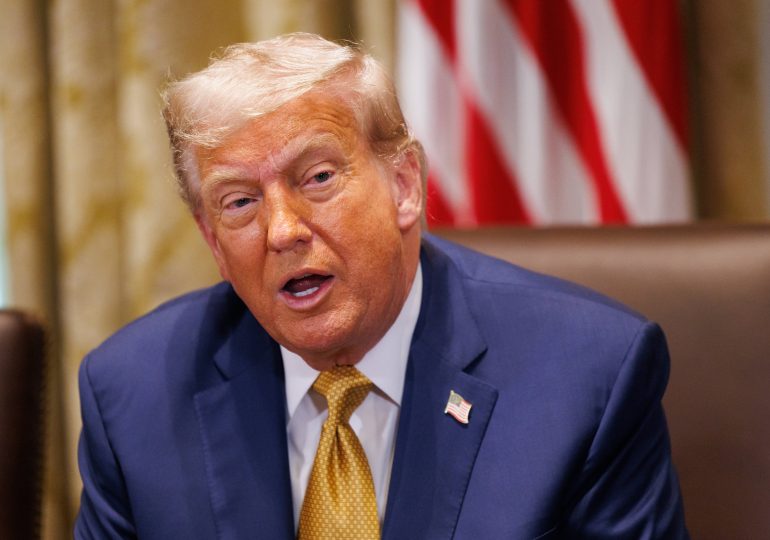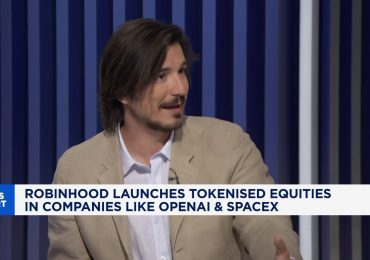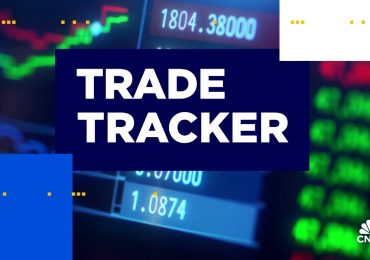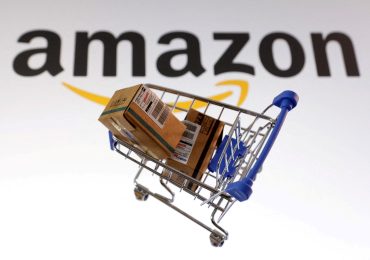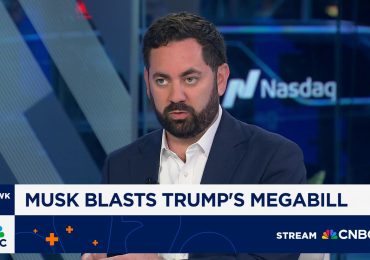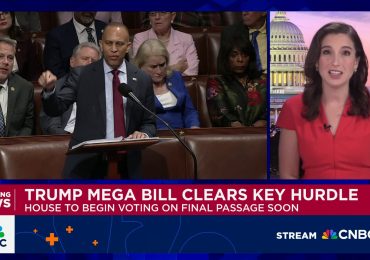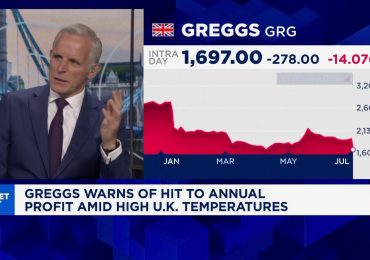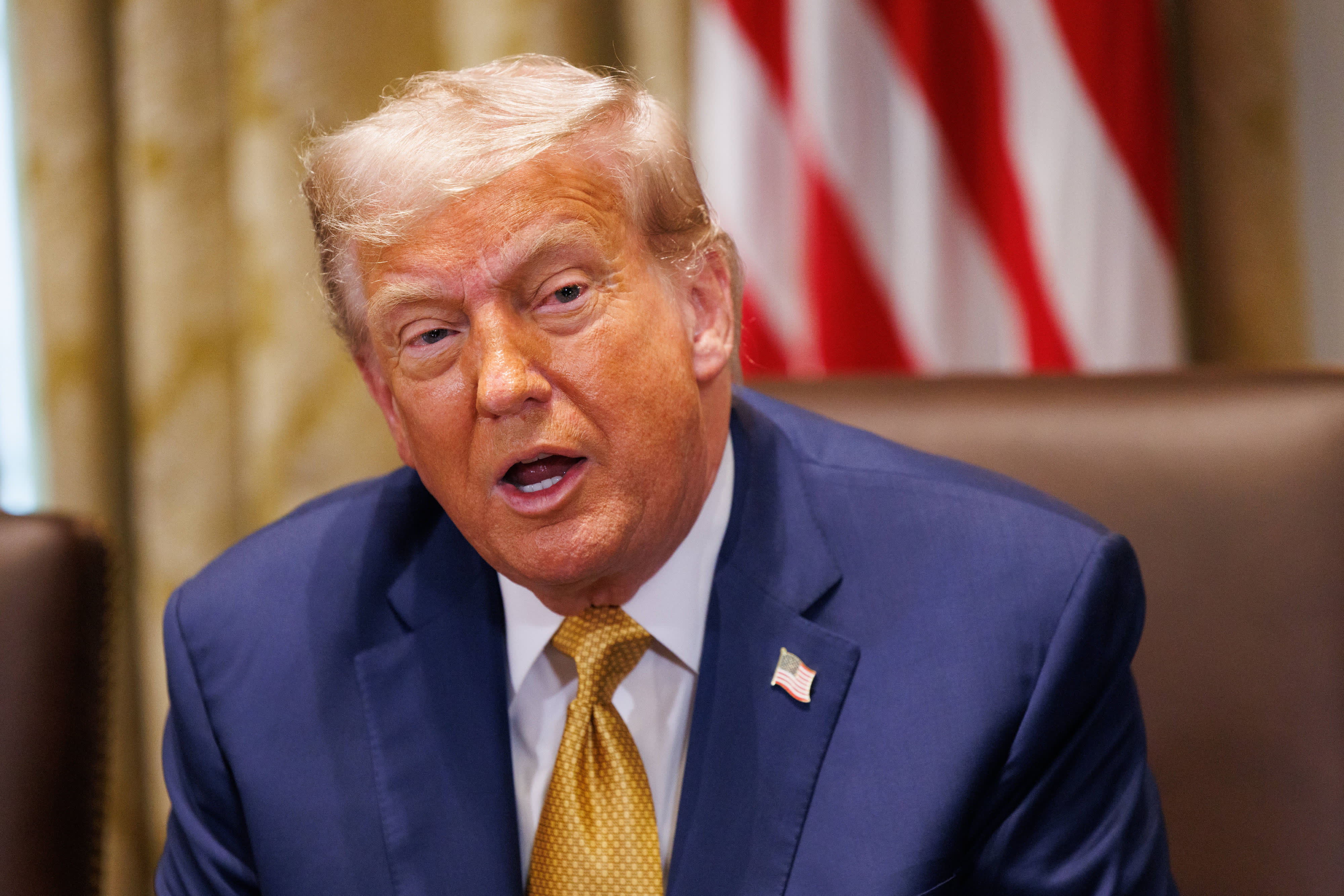
US President Donald Trump during a cabinet meeting at the White House in Washington, DC, US, on Tuesday, July 8, 2025.
Aaron Schwartz | Bloomberg | Getty Images
President Donald Trump on Tuesday threatened to impose up to 200% tariffs on pharmaceuticals imported into the U.S. “ very soon.”
“They’re going to be tariffs at very high rate, like 200%,” Trump said during a Cabinet meeting.
But he suggested that those levies would not go into effect immediately, saying he will “give people about a year, year and a half.”
“We’ll give them a certain period of time to get their act together,” Trump said, apparently referring to drugmakers bringing back manufacturing into the U.S.
Details on pharmaceutical tariffs “will come at the end of the month,” Commerce Secretary Howard Lutnick told CNBC after the Cabinet meeting.
“With pharmaceuticals and semiconductors, those studies are being completed at the end of the month, and so the president will then set his policies then, and I’m going to let him wait to decide how he’s going to do it,” Lutnick said.
The president has repeatedly threatened and then changed course on tariff proposals, so there’s no guarantee he will set pharmaceutical tariffs at the 200% rate. Pharmaceutical stocks were largely unchanged following Trump’s comments.
In a note on Tuesday, Leerink Partners analyst David Risinger said he believes the announcement is positive for the industry “because tariffs will not be implemented immediately…and it is unclear if the administration will follow through in the future.”
It is Trump’s most significant comment on pharmaceutical-specific tariffs since April, when his administration initiated a so-called Section 232 investigation on those products. That legal authority allows the Secretary of Commerce to investigate the impact of imports on national security.
Those planned tariffs would deal a long-awaited blow to pharmaceutical companies, many of which have pushed back and warned that the levies could drive up costs, deter investments in the U.S. and disrupt the drug supply chain, putting patients at risk. The industry is already navigating the fallout from Trump’s drug pricing policies, which drugmakers argue threaten both their bottom lines and their capacity to invest in research and development.
Trump has said tariffs will incentivize drug companies to move manufacturing operations to the U.S. Eli Lilly, Johnson & Johnson, AbbVie and others are already putting more money into the U.S. after domestic drug manufacturing has shrunk dramatically over the last few decades.
PhRMA, the industry’s largest lobbying group in the U.S., reiterated a previous statement that pushes back on pharmaceutical tariffs.
“Every dollar spent on tariffs is a dollar that cannot be invested in American manufacturing or the development of future treatments and cures for patients,” Alex Schriver, senior vice president of public affairs for PhRMA, said in the statement.
“The industry shares President Trump’s goal of revitalizing American manufacturing and has recently announced hundreds of billions of dollars in U.S. investment, but placing tariffs on medicines would be counterproductive to these efforts,” he continued. “Medicines have historically been exempt from tariffs because they can increase costs and lead to shortages.”

